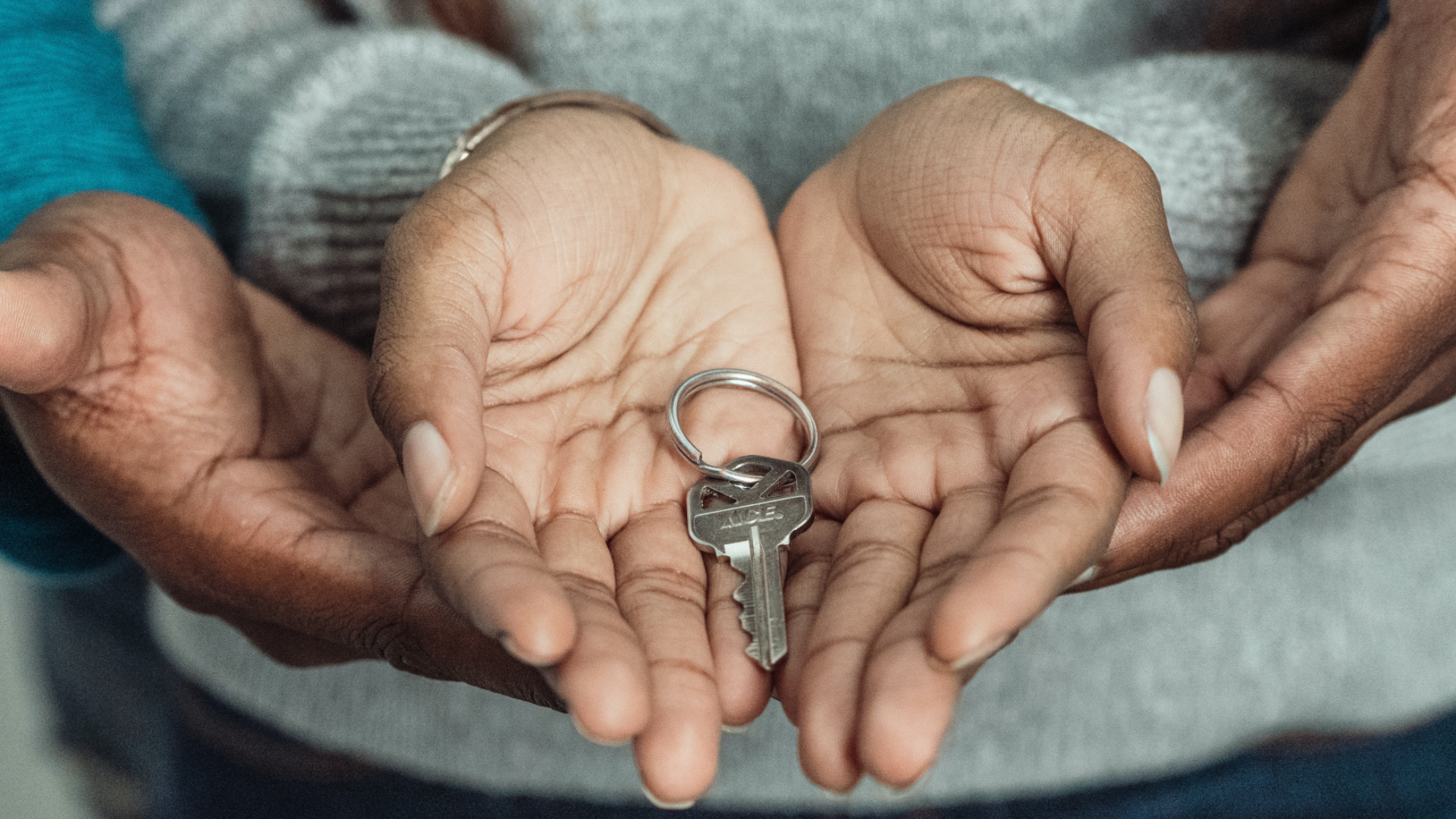Global economic fallout caused by Covid-19 will affect the property market for years. However, growing concerns over racial equity in mortgage applications must be addressed now.
As we navigate what we hope to be the final stretch of the pandemic, those beneath the breadline are set to bear the brunt of global financial fallout. Shock.
During the fever pitch of the Black Lives Matter movement in 2020, promising talk of total racial equality was permeating through major industries and governments.
Yet, 12 months later, racial gaps within most facets of society are still present and in some cases are actually widening.
Still disproportionately affected in the search for work, ethnic minorities are discovering that they’re also slipping further down the pecking order of credit schemes and the property market.
A new financial report from investment banking company, Morgan Stanley, suggests this divide is most palpable in the US – the so-called ‘land of opportunity.’
Racial gaps widening in home-ownership
As you’d expect, the pandemic has forced many banks to scale credit schemes back drastically.
However, the sudden change from lenders across the nation is said to have undone six years’ worth of credit easing – a process of making liquidity more widely available to borrowers – in just six months.
The changes have left many Americans without the means to secure any type of mortgage. Mid-to-low income applicants in particular have been crushed by the alterations.
In-fact, Morgan Stanley’s financial report – which analysed home-ownership data throughout 2020 – suggests that in the same period denial rates rose in Black and Hispanic communities, they actually fell with White applicants.
The report underpins the worrying ethnical disparities still at play.
Between 2019 and 2020, data shows that the gap between both White and Black Americans in the bracket of lowest credit scores (and who were denied a mortgage) widened from 7% to 12%.
In the same period, for middle-credit tier borrowers, the gap increased from 11% to 13%. Comparing Hispanic to White applicants, the discrepancy has grown to 5% from 4% the previous year.
Already contending with job market imbalances the level of which haven’t existed since the 1980s, financial experts are now demanding that banks realign credit schemes once and for all.





















